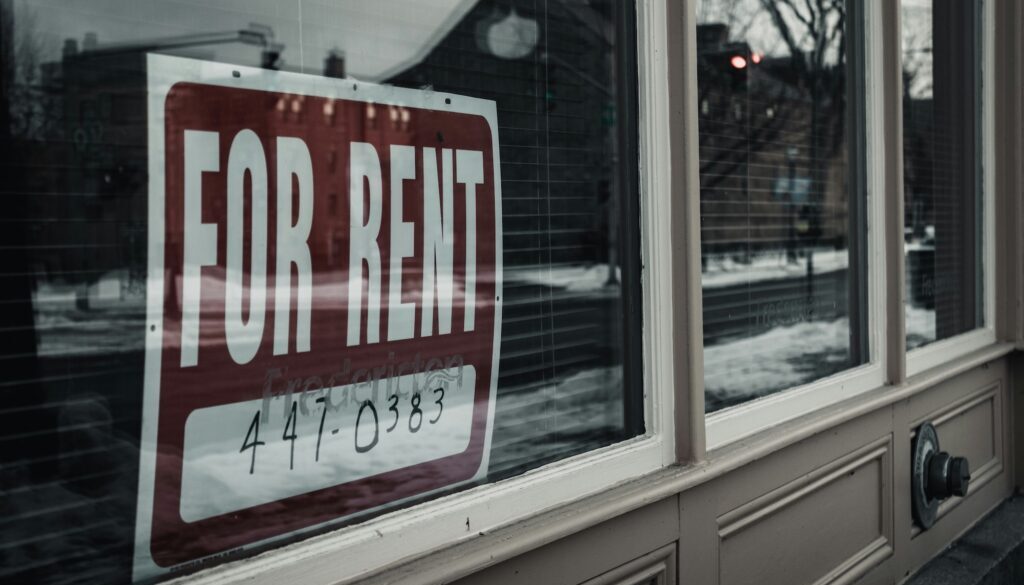Navigating Injury Claims in Rental Properties
As a tenant in Ontario, your landlord has a legal duty to keep the rental property safe and in good repair. If you’re injured because your landlord failed to meet that duty, you may be entitled to compensation.
Common Causes of Tenant Injuries
Injuries in rental units or common areas can result from:
Broken or icy steps
Faulty handrails
Loose flooring or carpets
Ceiling leaks or collapses
Electrical hazards
Mold exposure or carbon monoxide leaks
If the hazard was known or should have been known to the landlord and wasn’t properly addressed, they may be legally responsible.
Landlord’s Legal Duty
Under Ontario’s Residential Tenancies Act and Occupiers’ Liability Act, landlords must:
Maintain the property in a good state of repair
Ensure common areas (like hallways and entrances) are safe
Comply with health, safety, housing, and maintenance standards
This duty applies even if the landlord outsources work to a property manager or contractor.
What to Do After an Injury
Seek Medical Attention – Your health comes first. Medical records will also document your injury.
Report the Hazard – Notify the landlord in writing, even if the hazard was previously reported.
Document Everything – Take photos, keep copies of communication, and gather witness statements if possible.
File an Injury Report – If the injury occurred in a common area, like a hallway or lobby, consider filing a report with building management.
Contact a Lawyer – Not all injuries lead to compensation, but if the landlord was negligent, you may be eligible for damages.
What Can You Claim?
If negligence is proven, you may be entitled to compensation for:
Medical bills
Lost income
Pain and suffering
Out-of-pocket expenses
Future care costs
Landlord Retaliation is Illegal
Many tenants fear repercussions if they pursue legal action, especially in tight housing markets. It’s important to know: retaliation for asserting your legal rights is prohibited. If you’re evicted or harassed after filing a claim, legal remedies are available.
When It’s a Grey Area
Not every injury is due to negligence. For example, if you left water on the floor that caused you to slip, the landlord likely won’t be liable. That’s why it’s crucial to assess each case individually with legal guidance.
Injuries in rental properties can lead to serious consequences—physically, financially, and emotionally. If your injury resulted from a landlord’s failure to maintain a safe environment, you have legal rights worth protecting.
Reach out to Hilborn and Konduros for a free consultation. We’ll review your situation and help you understand the next steps.



